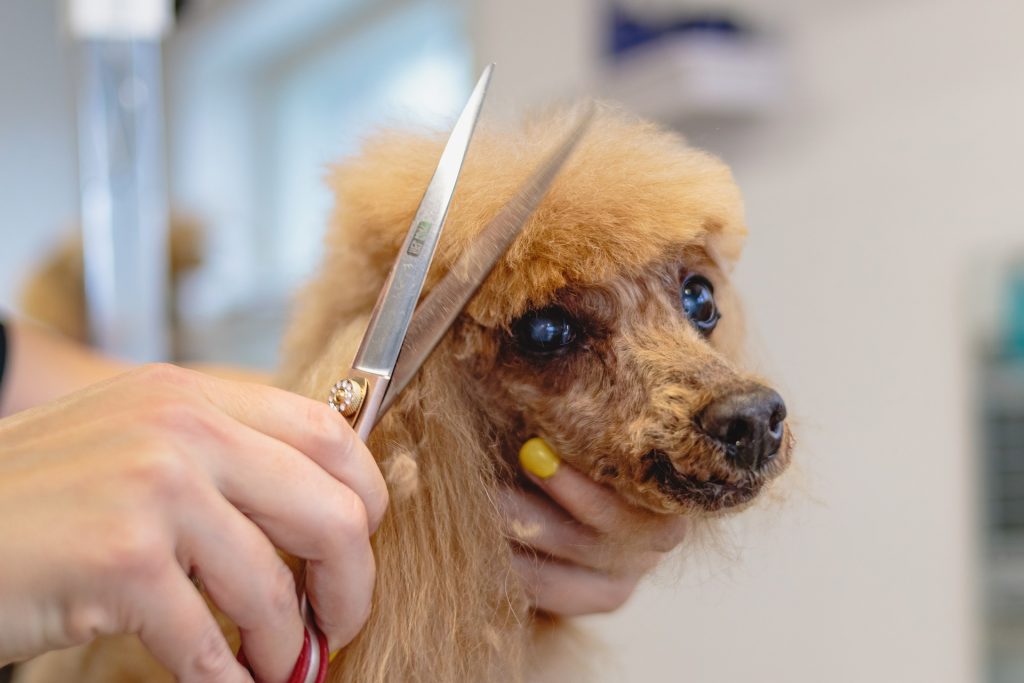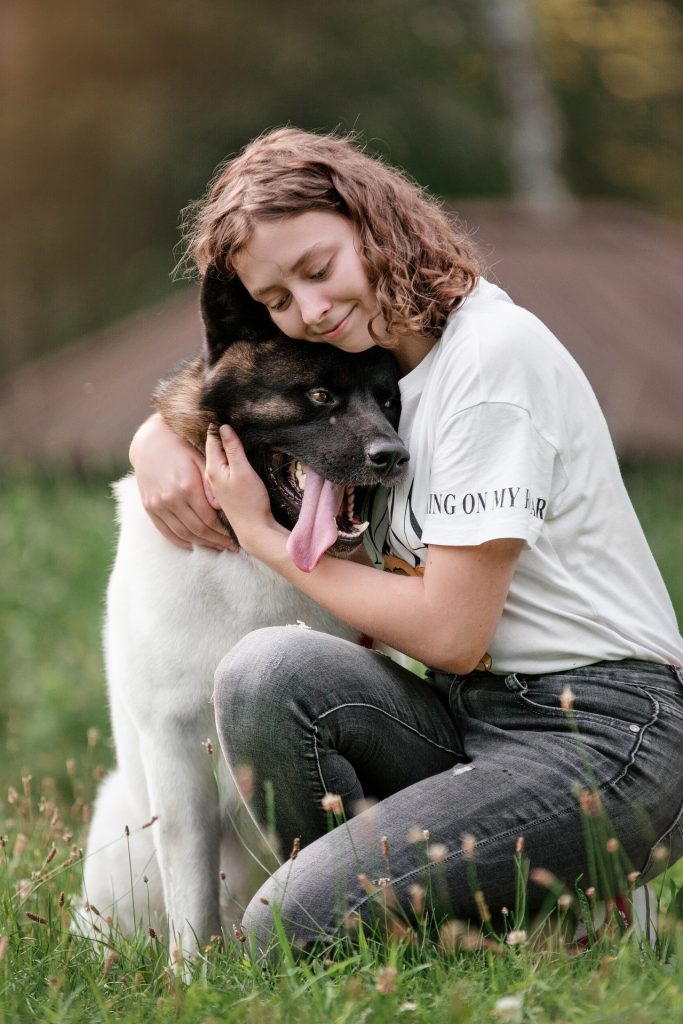
Taking care of pets at home is a fulfilling and rewarding responsibility that requires dedication, patience, and a genuine love for animals. Whether you have a furry friend, a feathered companion, or a scaly buddy, providing proper care ensures their health, happiness, and overall well-being. Here’s a comprehensive guide on how to take care of pets at home.
1. Nutrition: A balanced diet is crucial for your pet’s health. Research and provide appropriate food according to their species, age, size, and health requirements. Consult a vet to determine the best diet plan and feeding schedule. Always ensure access to clean, fresh water.
2. Exercise: Regular physical activity is essential for pets to maintain a healthy weight and mental stimulation. Dogs need walks and playtime, cats enjoy toys and climbing structures, while other animals may have specific exercise needs. Tailor activities to suit their species and energy levels.

3. Grooming: Regular grooming promotes good hygiene and prevents health issues. Brush your pet’s coat to remove tangles and loose fur, trim nails when needed, clean ears, and bathe them as per their needs. Consult a professional groomer if unsure about the grooming process.
4. Veterinary Care: Routine check-ups are vital for detecting health issues early. Keep up with vaccinations, parasite control, and necessary medical treatments. Seek veterinary advice promptly if you notice any changes in behavior, appetite, or physical appearance.
5. Safe Environment: Create a safe and comfortable living space for your pet. Remove hazards, secure fences and gates, use pet-friendly products, and designate a cozy area for rest. Provide appropriate bedding, shelter, and toys to keep them engaged.

6. Training and Socialization: Training helps pets understand boundaries, improves behavior, and strengthens the bond between you and your pet. Socialize them from a young age to ensure they’re comfortable around other animals and people.
7. Mental Stimulation: Engage your pet’s mind with puzzles, interactive toys, or training sessions. Mental stimulation prevents boredom and behavioral issues, especially in intelligent and active breeds.

8. Respect and Love: Pets thrive on affection and attention. Spend quality time with them, show affection, and respect their individual personalities. Understanding their needs and preferences fosters a deeper connection.
9. Stress Management: Changes in routine, loud noises, or unfamiliar situations can stress pets. Provide a secure and calm environment during such times. Consider using pheromone diffusers or calming aids recommended by veterinarians.
10. Responsible Ownership: Lastly, responsible pet ownership includes adhering to local laws, spaying/neutering your pet to control the pet population, and considering adoption when looking for a new pet.
Each pet is unique, so understanding their specific needs and behaviors is crucial. Tailor your care routines accordingly and always be observant of any changes in their health or behavior. Taking care of a pet is a commitment that enriches both your life and the life of your furry, feathery, or scaly companion.




